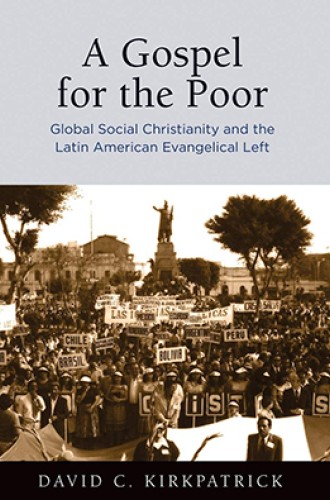The misión integral of Protestant liberation theologians
Samuel Escobar, René Padilla, and other Latin American evangelicals—and how their activism was overshadowed
Two religious trends have been critical in recent Latin American history: the Marxist-leaning liberation theology that peaked between the 1960s and the 1980s and the dramatic rise of evangelical Protestantism (and especially Pentecostalism) in subsequent years. Although many books are available on both topics, much of the religious story remains to be told—especially about political currents that don’t fit well into either of those grand narratives. David Kirkpatrick does a fine job of muddying those simplistic categories as he tells a story of global significance.
Liberation theology emerged powerfully in several countries, generally in a Catholic context. The movement owed much to the high hopes raised by the Cuban Revolution, and it found a wider audience as more of the population began to experience higher education. Its key turning point came in 1968, when bishops at the Second Episcopal Conference of Latin America in Medellín, Colombia, proclaimed a “preferential option for the poor,” sparking an outpouring of activism and publication.
Some enthusiasts espoused overt armed revolution, advocating an alliance between Marxist guerrilla groups and militant expressions of the church. The movement reached its height during the 1970s, and it found an exhilarating focus in the revolutionary upsurge that swept Central America after the revolution in Nicaragua.





